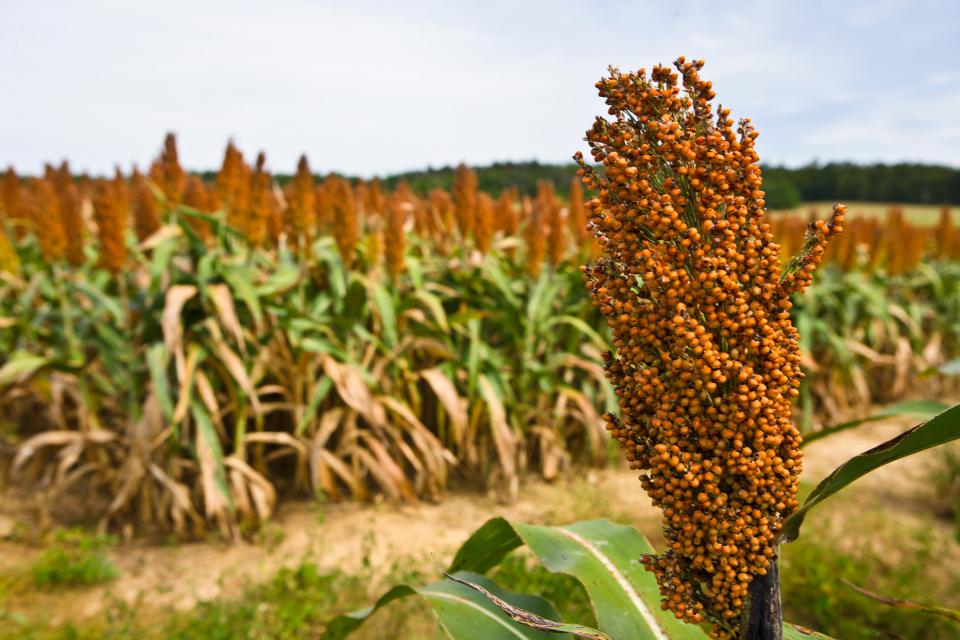Home
The goal of this program is to equip students with the knowledge and skills required for the responsible stewardship of our agricultural production system. Responsible stewardship means the application of advanced methodologies to increase yields from, and the multifunctionality of, current agricultural lands providing solutions that optimize local, regional, and global benefits people gain from agricultural ecosystems.
Student Learning Outcomes (SLOs)
- Students will be able to describe the various components of the agricultural ecosystem and effectively explain how each of these components work together to influence agricultural productivity, environmental quality and human dimensions.
- Students will be able to synthesize information from a variety of sources to draw conclusions and formulate recommendations that consider economic, social, and environmental aspects of agricultural ecosystems sciences.
- Students will be able to individually, or operating as part of a multidisciplinary team, explain to a broad audience in oral, written, and visual formats the importance of agriculture and agriculturally-related issues from multiple viewpoints.
- Students will demonstrate proficiency in the use of fundamental natural, biological, mathematical principles to solve problems relevant to agricultural ecosystem sciences.
Career Paths
- Extension Agent
- Agribusiness Sales
- Farm Operator/Manager
- Agribusiness Research
- Graduate School
- Agricultural Data Specialist
- Soil and Water Conservationist
- Agronomist
- Soil Testing Laboratory Tech
- Livestock or Crop Consultant
Farmers, Ranchers and Other Agricultural Managers
2023 Median Salary: $83,770 per year
Source: U.S. Department of Labor, Bureau of Labor Statistics
Quick Links

